Like his food, Francesco Mazzei is colourful, passionate and full of life. Having been born and raised in Calabria means that he grew up surrounded by good food and even better ingredients. Although as a kid he had no interest in becoming a chef, at the age of 14 he met renowned Italian chef Angelo Sabetta who, amazed by his Mangia e Bevi (a combo of sorbet and fresh fruit that he invented whilst working at his uncle’s gelateria), encouraged him to become a chef and so did his brother, to whom he’s always been very close -they used to be referred to as ‘Batman & Robin’.
After catering college, in 1992, Francesco moved from Calabria to Rome and joined The Grand Hotel. Inspired by its international vibe, he decided to move to London to learn English and landed a job at The Dorchester, working under the respected Willi Elsener and Henry Brosi, before returning to Rome to take up a position at Michelin-starred La Terrazza dell’Eden. Since then, he has opened the Santini restaurants in Edinburgh and Milan, the Royal Sporting Club in Bangkok, Franco’s on Jermyn Street and St Alban in London, as well as venues across the world alongside his friend and mentor Alan Yau.
More than two decades later, Francesco Mazzei is one of the most celebrated chefs in London, and a regular face on TV. He owns three restaurants in town: Sartoria in Mayfair, focused on fine dining, Fiume in Battersea, which offers rustic Italian food in an enviable al fresco environment, and Radici, a relaxed trattoria in Islington, run by Antonio Mazzone.
In this interview, Francesco speaks to our Editor Julia Pasarón about his passion for Calabria, his love for London and the route to sustainable eating.
I-M: Your Calabrian roots feature very heavily in your food. What is so special about the produce from this Italian region?
F.M: People actually know very little about Italian food. They think it is all pizza, pasta and Bolognese sauce, but the richness and variety of Italian food is staggering. Every town, every village almost, has a dish of its own. For example, if you gave my mum and me the same ingredients, we’d probably cook two very different dishes.
The South of Italy has a lot to offer, but nobody knows about it. We need to let the world learn how diverse our cuisine is.
I-M: How would you define your food?
F.M: I think my food is like a mamma’s cooking done with a chef’s hands.

I-M: How important are ingredients?
F.M: Ingredients are key. I always follow the seasons, not only because it is when ingredients are at their best but also because of sustainability issues. I don’t think it is necessary to go vegan to save the planet. For example, if you look at the Mediterranean diet, which is thought to be the healthiest in the world, there is meat and fish in it, but is predominantly based on seasonal vegetables, pulses, whole grains and fruits, and meat and fish (mainly oily fish) would be consumed once or twice a week only. If we all ate like that we’d have longer, better lives and wouldn’t be such a burden to the planet.
This is how the generation of our grandparents ate, and most of them had very long and healthy lives. Most people grew at least some of their own vegetables and fruits, had some chickens… We should try to move in that direction and learn to eat seasonal produce.
I-M: So how do we do that?
F.M: We should start by teaching kids in school about what foods are in season when, and why it is important to know these things. I believe the way to sustainable eating is through education. We don’t need to have access to all kinds of foods all the time. We could perfectly do with seasonal products, or at least eat mostly foods that are in season. Furthermore, in terms of cost, it is always cheaper to buy stuff that is in season.
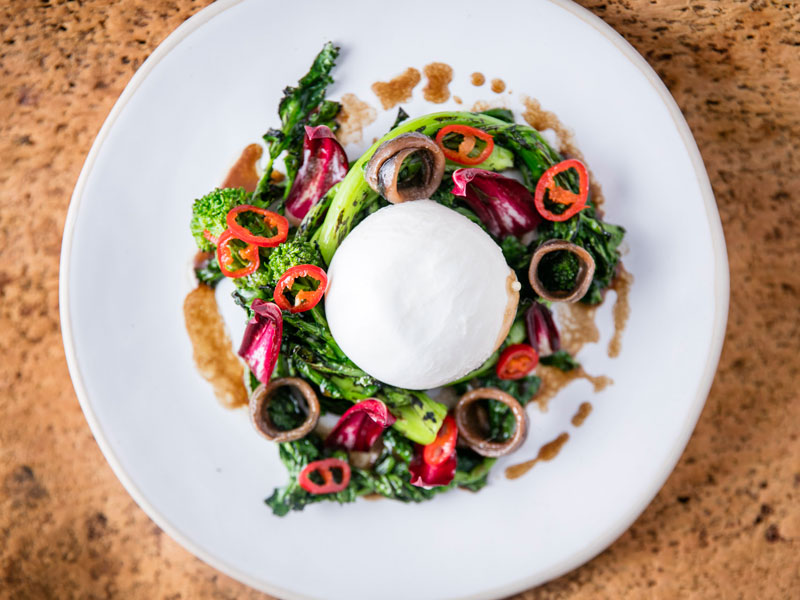
I-M: Why such a passion for n’duja?
F.M: Unfortunately, Calabria is a region not known for its food but for negative things like Mafia and drugs. So, I was working in Michelin starred restaurants and reached a point in my life, when I was around 32, that I realised I wanted to go back to my Calabrian roots, so I changed my cooking to be based on food from this region. I opened my first restaurant in the City, L’Anima, and took my mamma’s approach to cooking, talked about Calabria and Calabrian dishes took centre stage.
N’duja was one of the first things I brought over. It is a chilly-spiced pork sausage. It became so popular that Pizza Express incorporated it into one of their pizza bases. It was a square pizza with dolcelatte, n’duja, rocket and pesto. It was their best selling pizza for a long time. The fact that Pizza Express is so popular with families also meant that children were exposed to new foods, new flavours, and learnt about where they were coming from.
This collaboration with Pizza Express also brought a lot of attention to the region of Calabria. My father would tell me, “They love you here my son, they love you here.” I didn’t understand why until I learnt that for instance, sales of n’duja had gone up 25%… globally!
But there are many other interesting ingredients in Calabria: liquorice, bergamot… I am very proud to be an ambassador for the Calabrian region and having helped to put Calabrian food in the map. My book, Mezzogiorno, talks mostly about this. All in all, I am very proud of being known as the Calabrian chef.

I-M: And the chilli farm?
F.M: It has now been going on for five years! It has grown so much now. We sell everywhere in the UK, we sell to many restaurants and we are also selling in Italy.
It is hard work, but we are very proud of our produce. The farm produces dried chilli, chilli flakes, chilli paste and Frajotta – a chilli jam, of which I am particularly proud. Calabria doesn’t have a native chilli variety so we produce Matiz, Lapid and Amando (hybrid varieties); Cayenne catanzarese (American medium/long sized variety) and the Catanzarese (Calabrian super long variety). It’s my way of thanking and celebrating my home land. And I love going to Calabria anyway. I have my house there, I have my Maserati there…
So if you happen to pass by Villapiana on your Italian journey and you are looking for some hot stuff, pay us a visit at Contradapiano del Praino, Cerchiara di Calabria.
I-M: Sustainability… how much of your food is sourced locally when your restaurants are about Italian food?
F.M: Actually most of it. I’d say that up to 80%. We use Italian olive oil, tomatoes and burrata for example, but everything else is from the UK. Our fish comes from Cornwall, our lamb from Wales, our beef from Scotland, cavolo nero from Kent… There is amazing produce in this country.
At a personal level, I love farmers’ markets and encourage people to visit them. I think it is a great way to talk to the people that produce the food themselves and support them. Besides, chances are that the food you buy there will be very good. I often buy the food for the week for my family in farmers’ markets.
I-M: Which do you think are the main factors that have contributed to such change in the food/dining availability of Britain over the last 20 years?
F.M: When I came to Britain in 1994-5, there wasn’t any good Italian food anywhere. There were a few good restaurants, mostly French oriented, like The Dorchester, but they were bloody expensive. Now, there are many good restaurants in the High Street, serving all kinds of food from all corners of the world. London is the food capital of the world.
This is because London is THE place in the world where you find the best Italian chef, the best French chef, the best Japanese… This variety contributes to a great food education. For example, my children have a weekly menu in their school and you see that Monday is pasta, Tuesday mousaka, Wednesday curry… so without knowing, they are learning and assimilating foods from all parts of the world. Unfortunately, this is not the case in many other countries.

I-M: What do you think will happen once we are out of the EU?
F.M: Three` years after the vote, we still don’t know what is going to happen, but after the referendum, we quickly saw the cost of supplies going up and an increasing difficulty to find staff. The latter is the main problem. People are not coming to London anymore. Business is doing well but the uncertainty around Brexit affects us, of course, as I believe affects most businesses. We need to reinvent ourselves all the time. In periods of uncertainty like this, people spend less, and one of the luxuries they first cut out is going out for restaurant meals.
The UK is my second home now. I made my name in London and I love London. One could say that as a chef, I was born here; and my children were born here.
I-M: Will you then keep investing in the UK? Any new projects in the pipeline?
F.M: Actually I am doing something else in London… for 2020, but I can’t say anymore yet.
I-M: You follow quite a hectic rhythm. How do you balance work and family life?
F.M: I always take my kids to school in the morning, no matter what. This is the only time that I really have with them during the week. At weekends, if I am off, I go to Radici to cook and they come with me. They love it! Especially Mia Sofia… who actually asked for a Thermomix for Christmas, and she uses it to make cookies.
I-M: What does the future look like for Francesco Mazzei?
F.M: So many things in the pipeline. I’m a family man – my main focus is my family. That also includes Fiume, Sartoria and Radici.









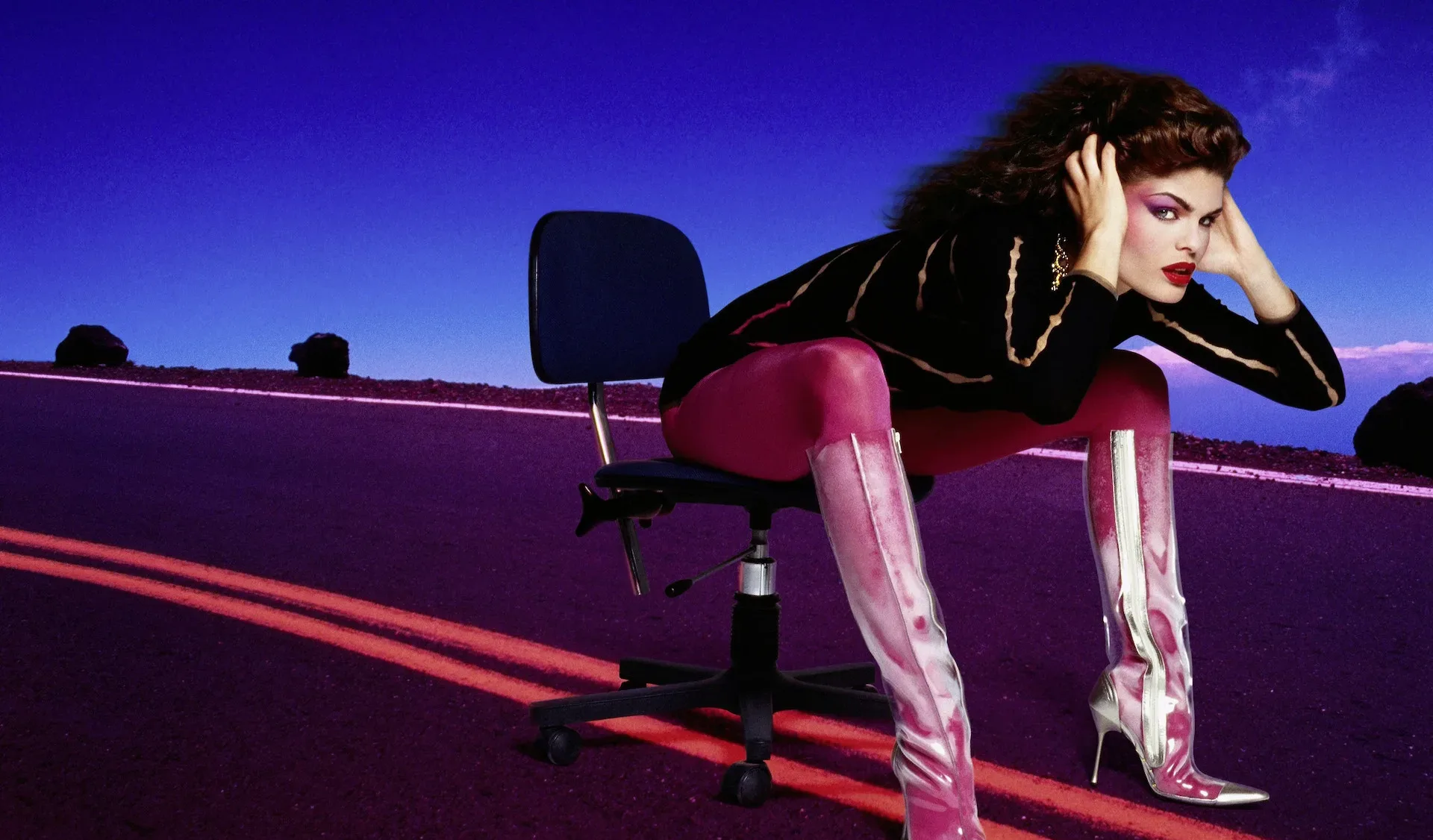
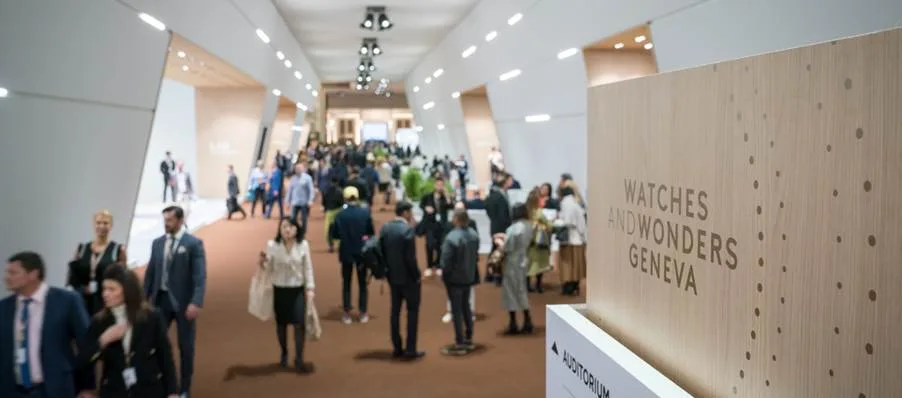
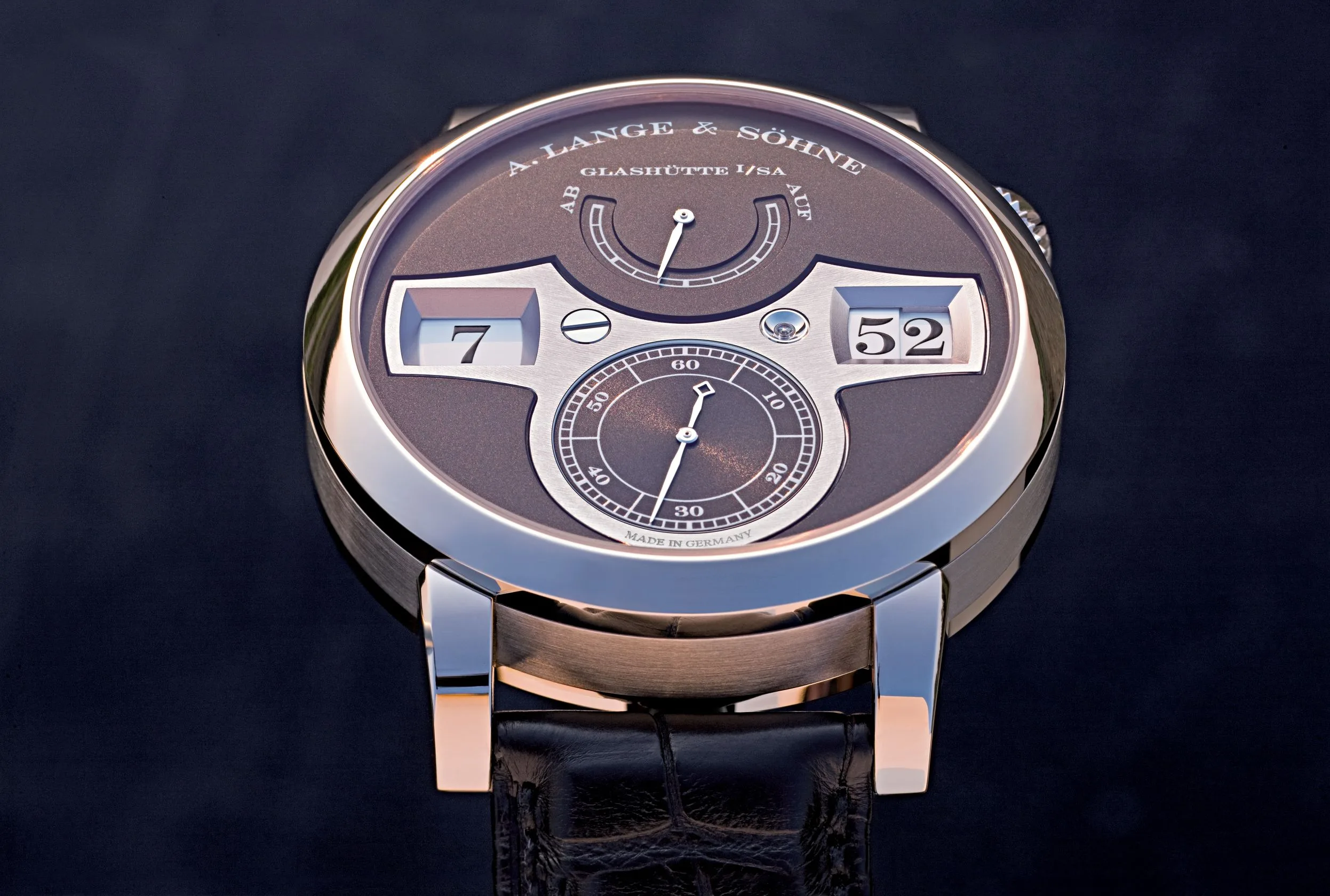
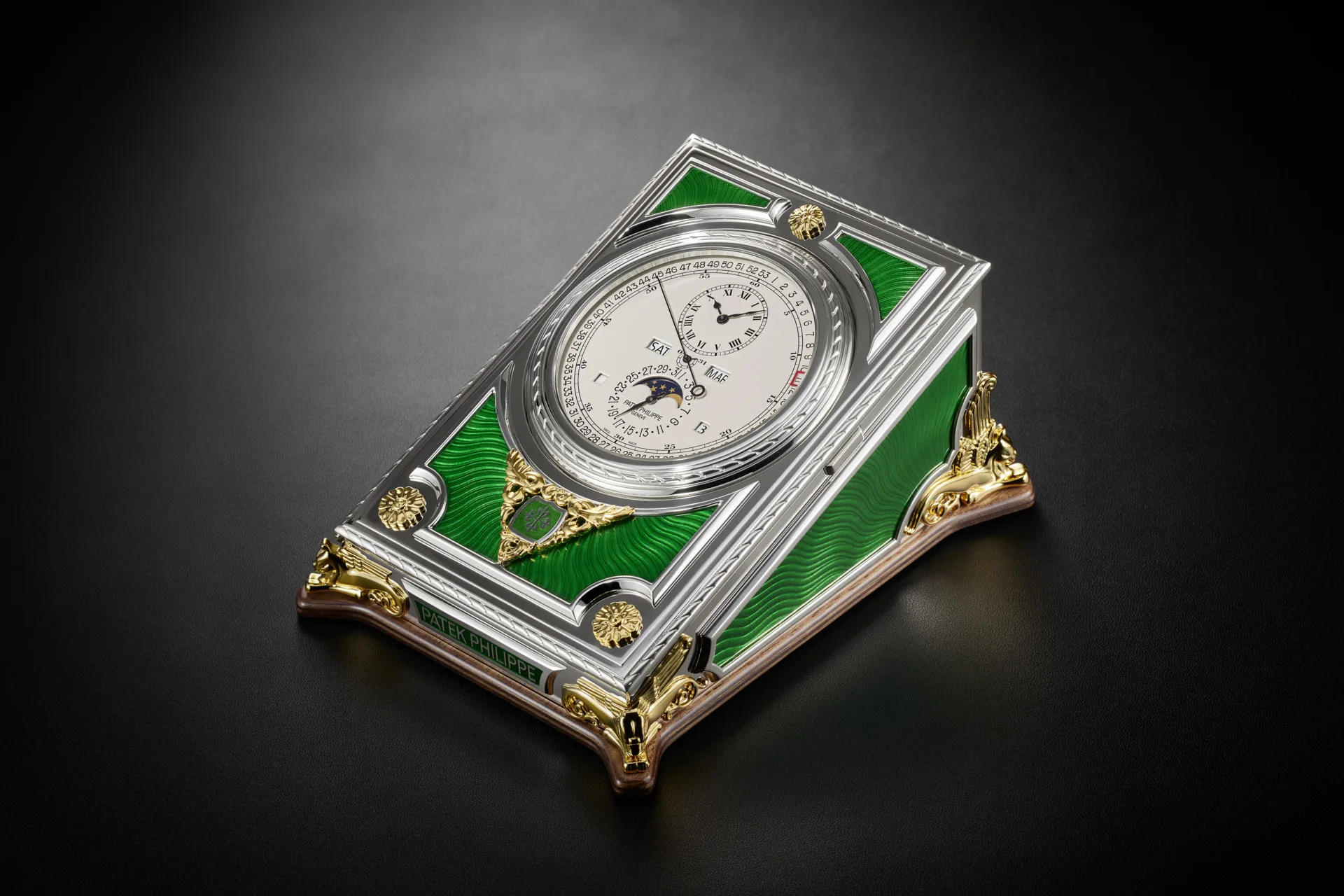




Show Comments +